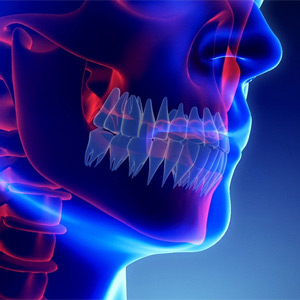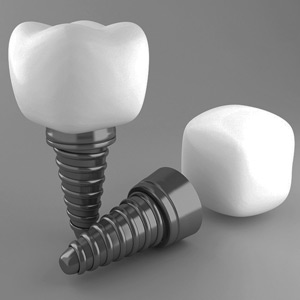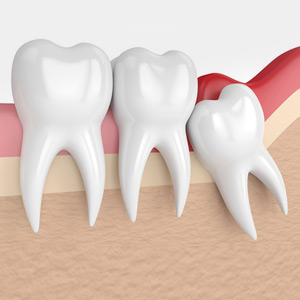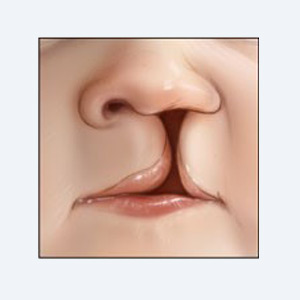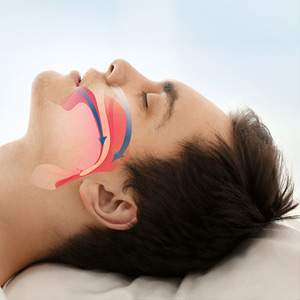About us
Oral and maxillofacial surgeons assess and treat problems, illnesses, injuries and anomalies of the mouth (oral), the jaws (maxilla) and the face (facial). This was the first dental specialty created following the establishment of general dental schools. These surgeons specialize in surgery of the teeth, the jaw, facial muscles and bones, ranging from the most difficult tooth extractions to the most complicated fractures.
Treatment
Oral and maxillofacial surgeons conduct minor surgical procedures in the office under local anesthesia or with sedation. These surgeons routinely extract wisdom teeth and install implants. In the hospital and in conjunction with orthodontists, they correct serious jaw deformations that impair chewing under general anesthesia. Dentists, along with physicians and specialized physicians, refer patients to oral and maxillofacial surgeons for treatment of dental abnormalities (wisdom teeth), cysts, jaw tumors and cancers, bone grafts and tooth implants, facial fractures, malformations (cleft lips and other asymmetries) and temporo-mandibular joint problems. Such specialists possess a sophisticated knowledge of these fields thanks to their vast dental, medical and surgical experience. In complex cases, they share their expertise with a multidisciplinary team consisting of physicians and other dentists.
Oral and maxillofacial surgery: the oldest specialty
Oral and maxillofacial surgery emerged several centuries ago in Europe, evolved in the late 1800s in the US after the Civil War and then came to Canada. Treatment of severe infections of or injuries to the mouth, jaws and face, particularly during the Second World War greatly contributed to the development of maxillofacial, plastic and reconstructive surgery techniques now used in correcting a wide range of facial deformities.
Education and professional training
Today’s oral and maxillofacial surgeons combine dental, medical and surgical procedures. Following training in dentistry, a dental generalist (or dental surgeon) accepted for such studies will engage in 5 to 7 more years of courses and hospital internships before taking national oral and maxillofacial surgical certification exams. This period of intensive and rigorous study is spent in the company of medical surgeons, anesthesiologists, ophthalmologists, plastic surgeons and other medical and surgical specialists.
Source :
Federation of dental specialists of Quebec
http://www.fdsq.qc.ca

